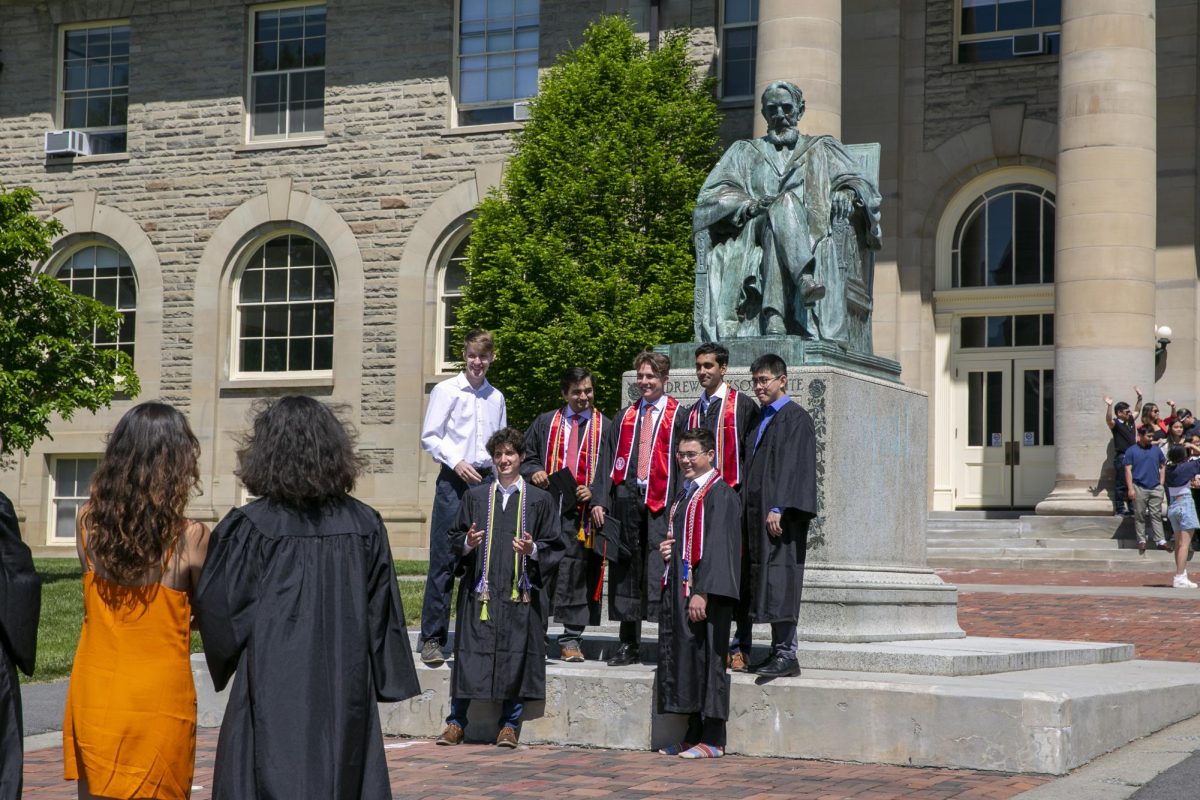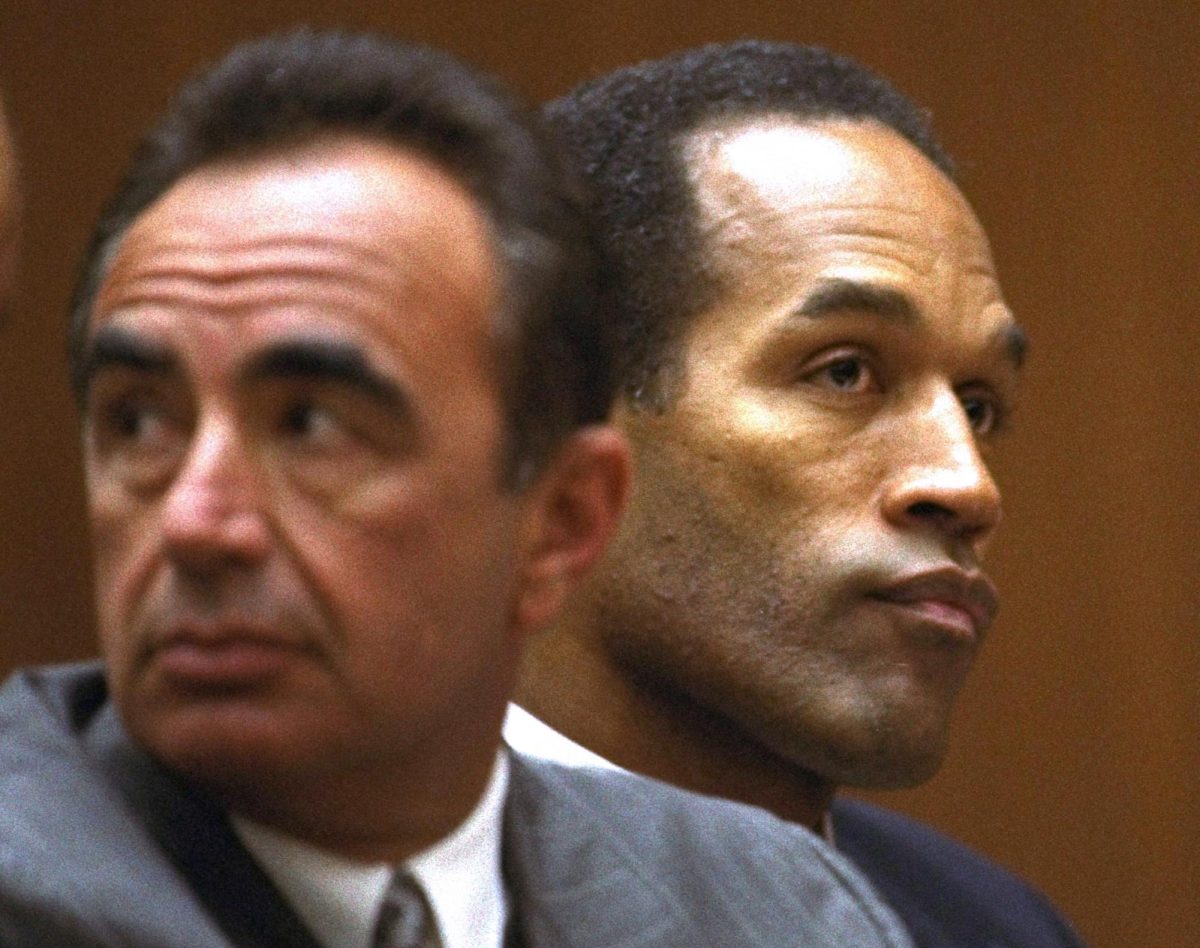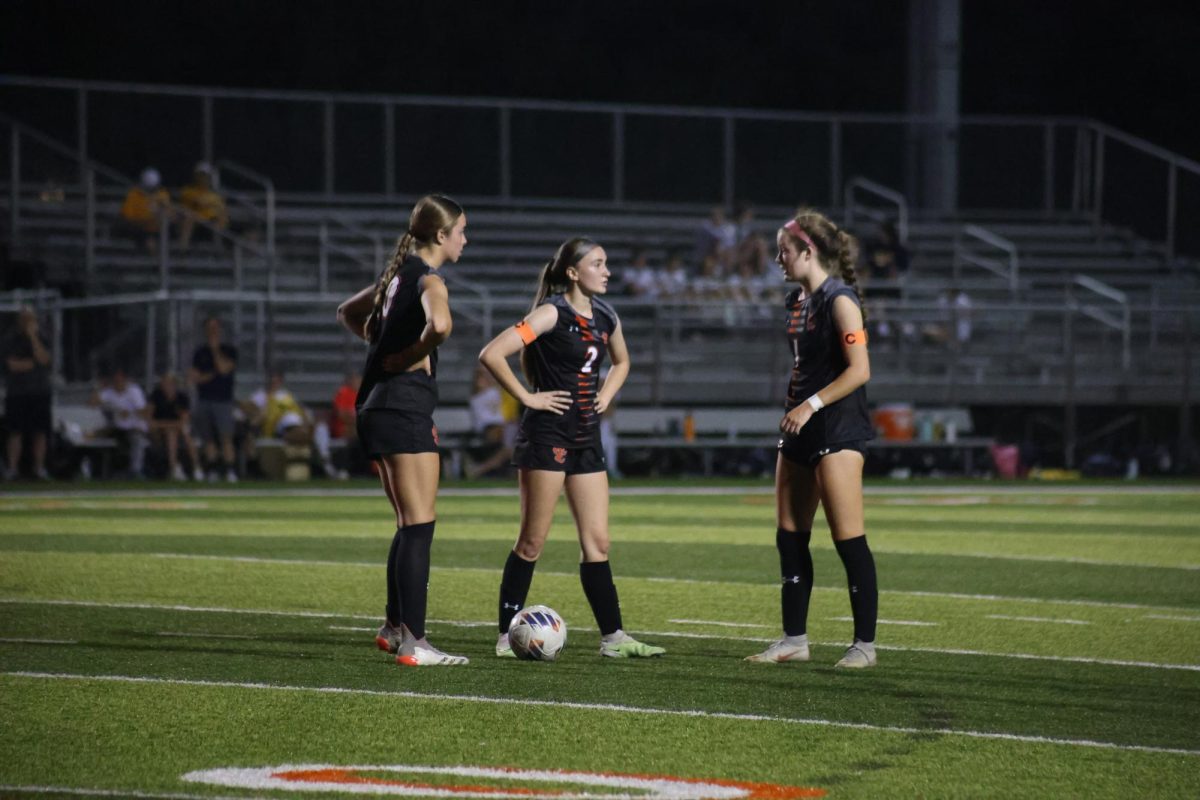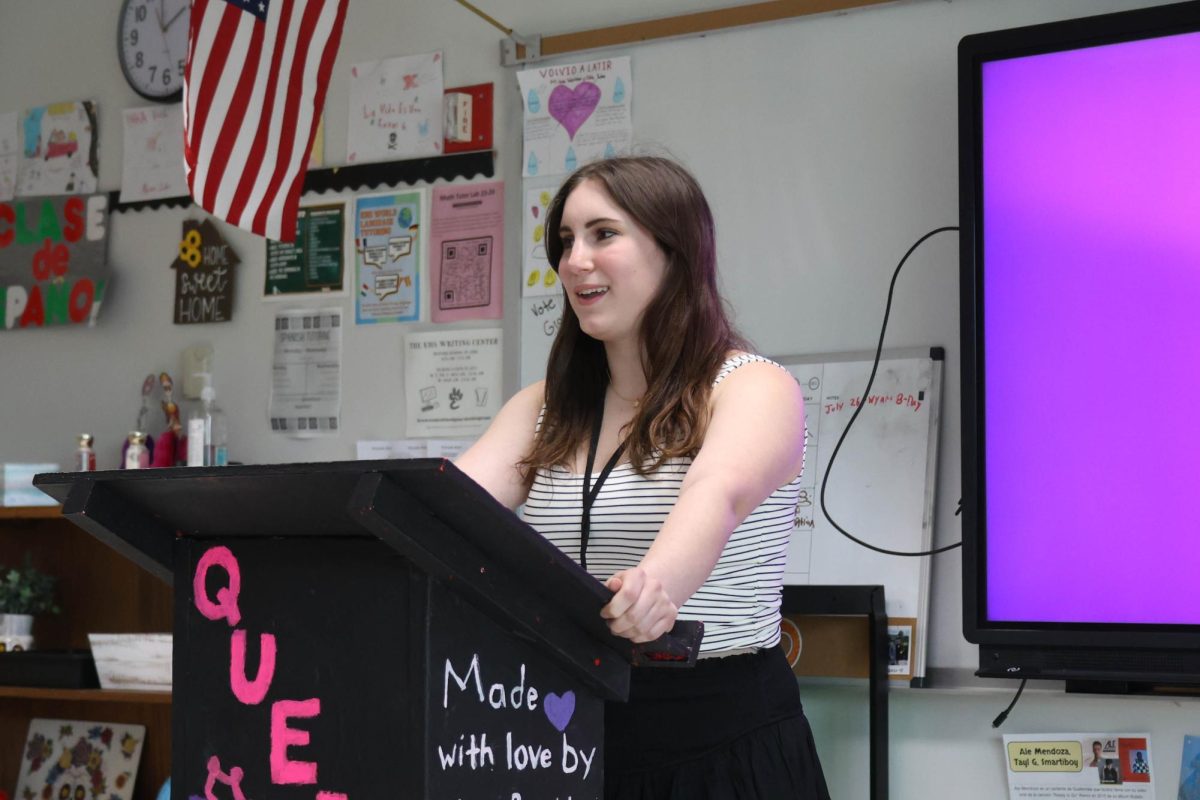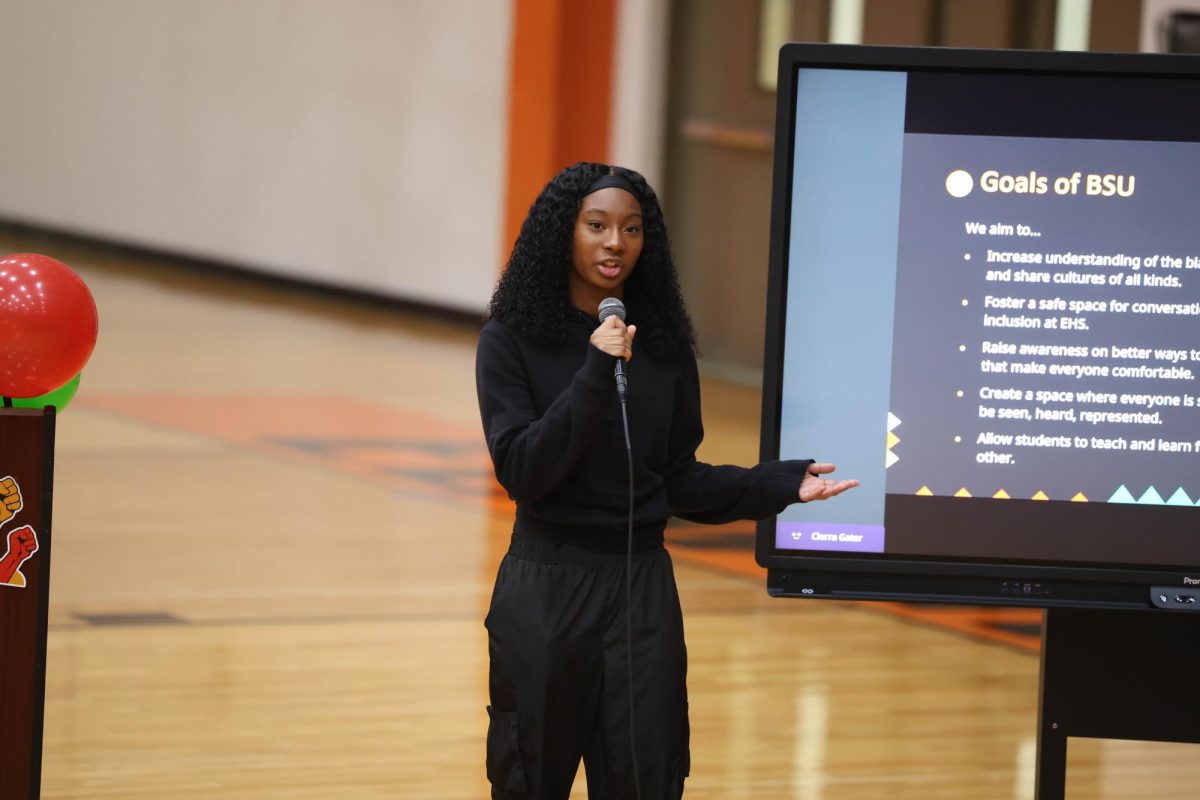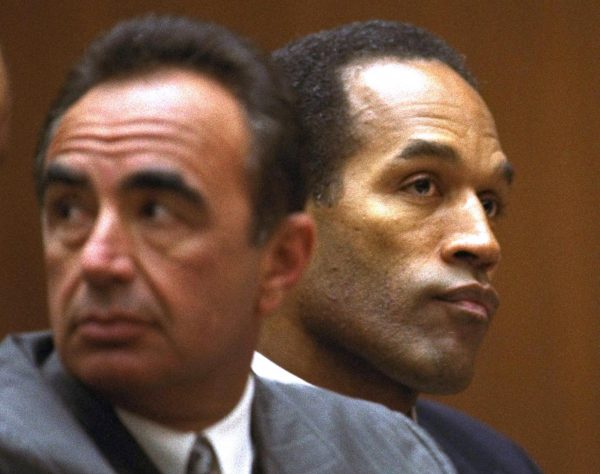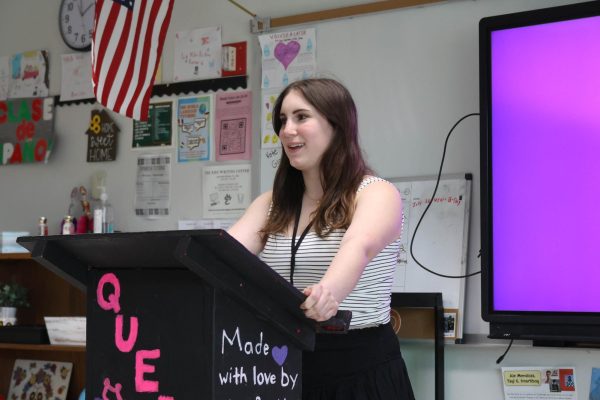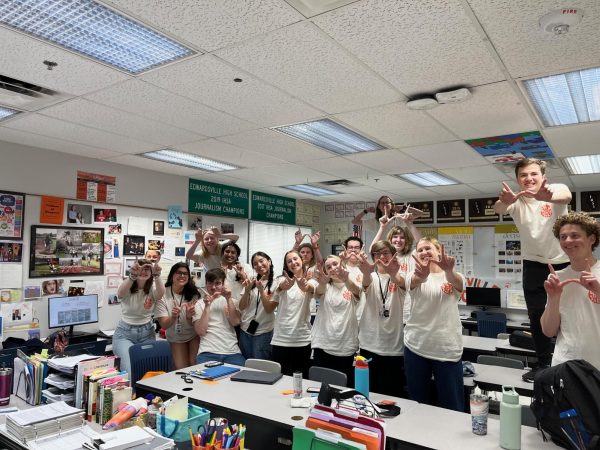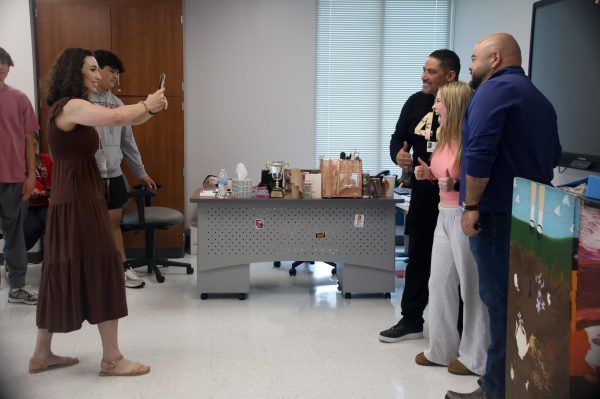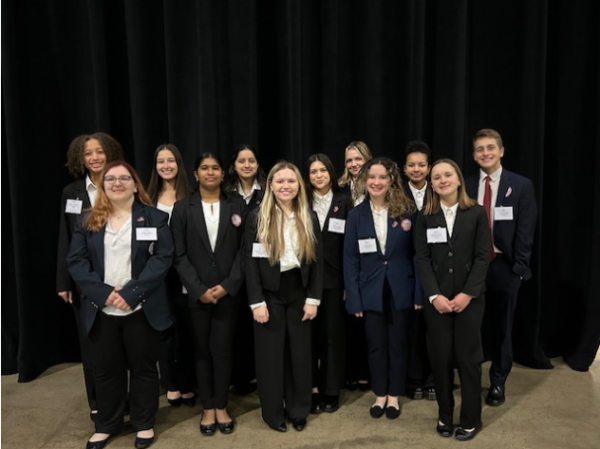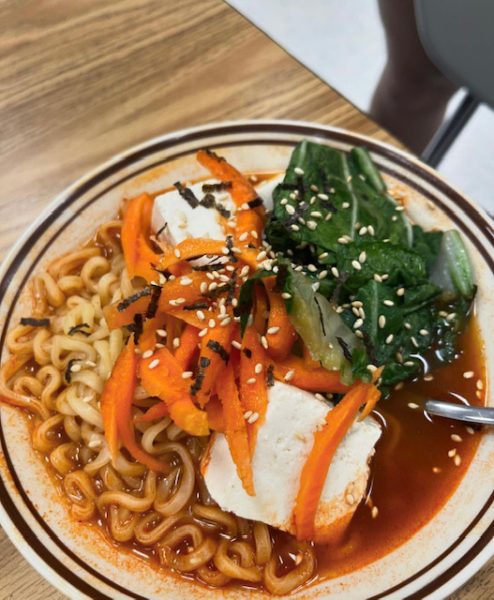Heard it Through the Grapevine; Popular App to Shut Down
November 3, 2016
The app that brought fame to musicians, comedians and “talentless hot boys” is coming to an end.
On Oct. 27, Twitter announced that it would be shutting down Vine. Although they did not give an exact reason, many speculate it is due to lack of money in the company.
They also said that nothing will be happening to Vine immediately and people will still be able to access old videos and profiles when they officially close the app.
Many people, especially teenagers, use Vine to watch videos of many different channels. Senior Gwen Den Houter said that she goes to Vine to watch comical and musical videos.
“I follow a few friends on Vine and it’s nice to see what they are doing,” Den Houter said. “Also, if I am sad, it’s nice to go and look back at a Vine that will make me laugh or smile.”
Many former and current “Vine stars” were disappointed to hear the news, reaching out to fans on Twitter. Sarah Schauer, famous for imitating comments she overheard from her job as a waitress, was one of many stars talking about the news.
“Twitters [sic] get rid of Vine like we’re a training bra they’ve outgrown,” Schauer said.
Other stars were hopeful of finding other ways to get their work out there, such as comedian Thomas Sanders who sings Disney songs and narrates other people’s lives for his 8.2 million followers on Vine.
“Well, Vine may be going away, but this means I get to focus ALL my energy on YouTube!” Sanders tweeted. “Hope you don’t mind seeing my comedy in long form.”
Vine officially launched in January 2013, creating a new way to share videos in just six seconds. Keeping up with the short form of tweets, Twitter wanted Vine to be its video counterpart.
While many people used the app to post, others used it to follow their favorite accounts and revine what they enjoyed. Den Houter said that she enjoys watching musical videos posted by her friends and famous “Viners.”
“A few of my friends that I follow on Vine are musically talented and they post a lot of their own covers or even their own compositions,” Den Houter said.
2016 graduate Emily Swanson has been posting musical videos on Vine since the app began. She was interested in finding a “casual way” to share her music with others.
“I could easily post a snippet of an unfinished song and get feedback,” Swanson said. “If not for Vine, a lot of my song ideas would have been wasted or forgotten.”
She’s also thankful for how Vine improved her musicality and encouraged her to continue creating music.
“Vine connected me to a lot of singers and songwriters,” Swanson said. “Practicing in #SongCollabs allowed me to practice harmonizing with someone other than myself and helped me make friends within the community.”
The app quickly became a platform for many aspiring artists such as Ruth B. whose song “Lost Boy” peaked at number 24 on the Billboard Hot 100 charts.
Despite many individual’s success, the app hasn’t been as successful as they would have liked. According to a Tubular Labs study, big-name brands only have four percent of their content on Vine (60 percent lower than YouTube) and viewership hadn’t significantly increased in the last year.
Many popular Vine stars tried to save the company back in 2015, but the rise of Instagram videos proved to overtake the app millennials will forever remember.
“Vine lacked the amount of harassment found on other media sites,” Swanson said. “It was a positive place and almost never failed to cheer me up. I’ll miss that.”



